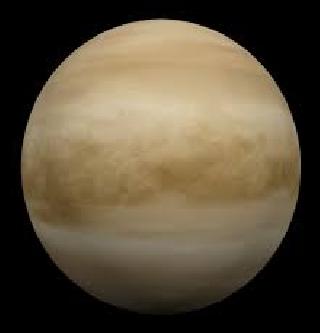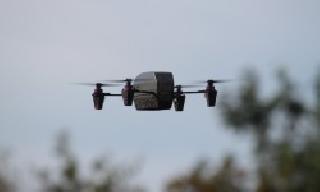
WASHINGTON (PTI): NASA is considering sending a sail-powered robotic rover to Venus that could use the planet's high wind speeds and hot temperatures for exploration.
The wind-sailing rover would not only be able to move around Venus, but would also have electronics inside able to withstand the temperatures of 450 degrees Celsius.
The rover, nicknamed Zephyr, would spend most of its time on Venus doing analysis on the ground.
However, whenever the science team wants to move some distance, it would deploy a sail that could bring it across the surface.
One vision sees it sailing for about 15 minutes a day for about a month, 'Universe Today' reported.
"A sail rover would be extraordinary for Venus. The sail has only two moving parts - just to set the sail and set the steering position-and that doesn't require a lot of power.
There's no power required to actually drive," stated Geoffrey Landis, who works at NASA's Glenn Research Center.
"The fundamental elements of a rover for Venus are not beyond the bounds of physics," Landis added.
"We could survive the furnace of Venus if we can come up with an innovative concept for a rover that can move on extremely low power levels," said Landis.
Landis has had many ideas for exploring Venus, including using a solar powered air-plane and colonising the planet using floating cities.
The idea has been funded by NASA's Innovative Advanced Concepts programme.
 Previous Article
Previous Article













The Indian Air Force, in its flight trials evaluation report submitted before the Defence Ministry l..
view articleAn insight into the Medium Multi-Role Combat Aircraft competition...
view articleSky enthusiasts can now spot the International Space Station (ISS) commanded by Indian-American astr..
view article